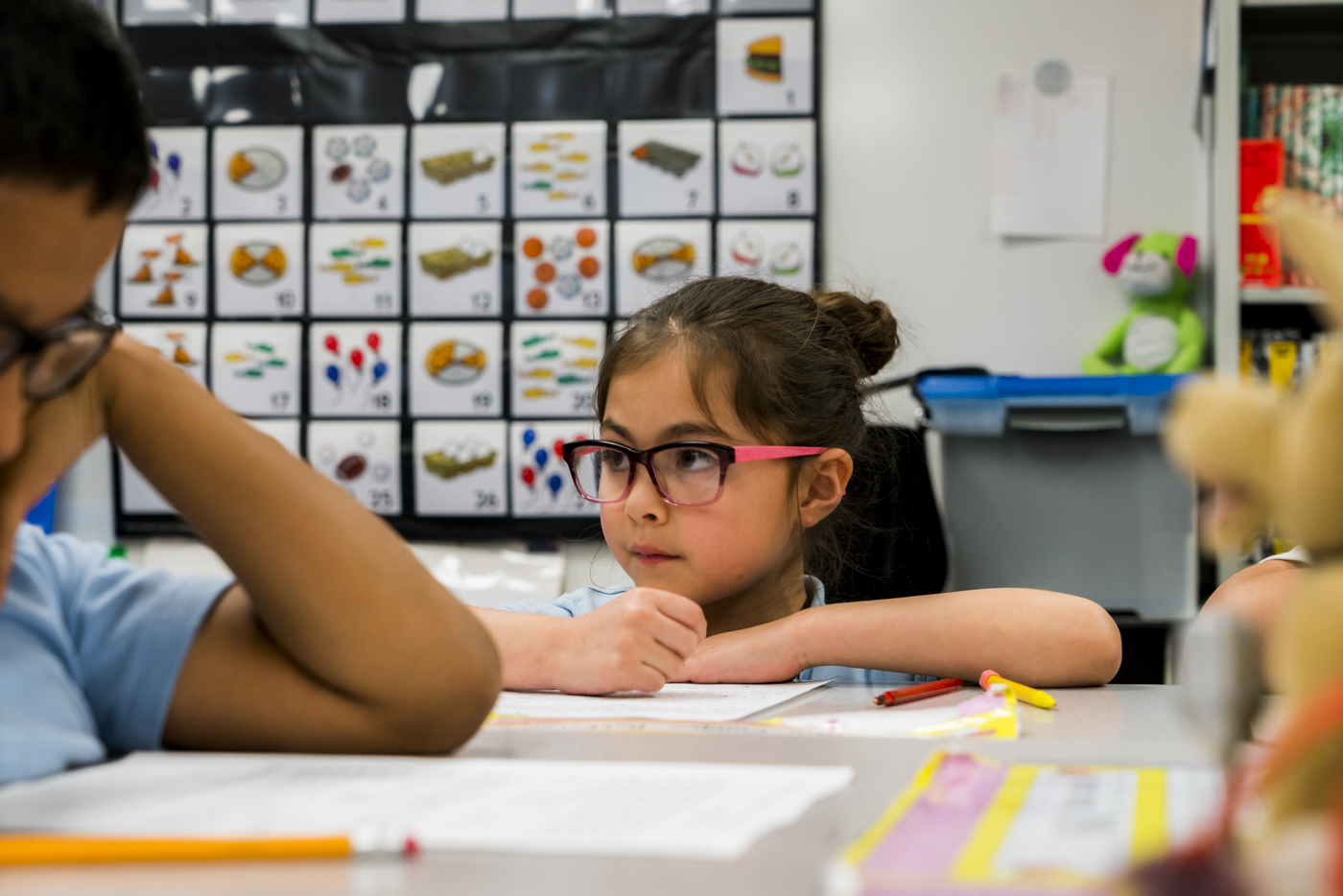October 6, 2017
Do Student Rewards Really Work?
We need to be careful to avoid sneaky reward landmines that can easily snare well-meaning teachers. Here are our secrets for making student rewards work for you.
Rewarding kids for positive behavior is a sticky business, and for a good reason. No teacher wants to lead a classroom that requires bribery in the form of candy and treasure chest prizes to prevent students from behaving like wild monkeys in a zoo.
That said, a reward system has the potential to be an essential best practice. Think about it. Don’t rewards help motivate and validate hard work? Don’t you appreciate hard-earned rewards, like a catered lunch for your department or being recognized at a staff meeting? Doesn’t a thank you note from a parent or a surprise treat in your mailbox from admin make you feel valued? Small gestures make us happier to complete the hard parts of our jobs — and the same goes for our students.
Still, we need to be careful to avoid sneaky reward landmines that can easily snare well-meaning teachers. Here are our secrets for making student rewards work for you.
Be unexpected. Rewards that are dangled in front of kids eventually lose their luster. On the flip side, unexpected symbols of appreciation never get dull. Instead of leading a lesson with, “If everyone finishes their work, we will add an extra five minutes to recess,” be patient and seize the opportunity when all students have completed their assignment to announce, “I’m so proud of everyone for staying on task. Let’s go out to recess early!” See the difference?
Be vigilant. Knowing that someone who cares about them is watching and admiring their good behavior is powerful for students. Be consistent and intentional while on the lookout for positive actions to reinforce with simple praise or tokens of appreciation.
Build class culture. Everyone likes to be appreciated for hard work. Use rewards to model appreciation when you recognize and celebrate positive behavior, like kindness and teamwork. The concrete rewards will help students cultivate their definitions of abstract concepts like showing respect and being responsible. Think along the lines of, “You showed such determination when you kept tackling the problem in different ways and never gave up. Let’s have you be our line leader when we go to the library.”
Check yourself. Feeling tempted to bribe students to do work? Take a close look at your teaching and your assignments. Sideswipe poor behaviors with challenging, relevant work that is highly engaging to every student.
Stay positive. An effective rewards system doesn’t track misbehavior or dole out consequences. It’s an incentive program where you already expect kids to work hard and classroom expectations — and reinforce it positively when they do.
We can reward our students in responsible, effective ways. By recognizing how positive attitudes, perseverance, and good behavior impact the whole class for the better, we are able to build classrooms that work together to achieve goals.











